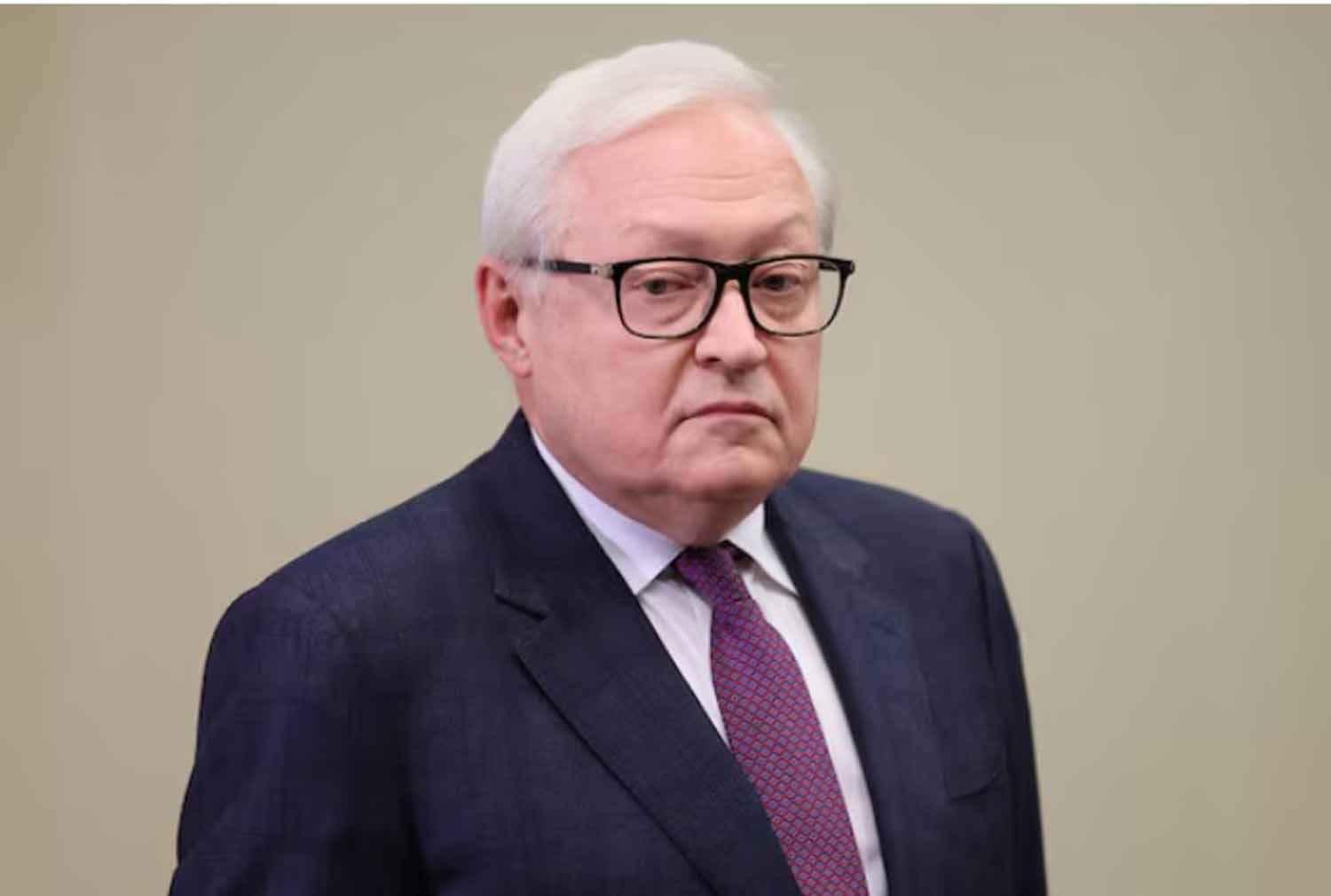Iran launched a barrage of ballistic missiles at Israel on Tuesday in response to Israel‘s operations against Hezbollah allies in Lebanon. Sirens blared throughout Israel, and explosions were reported in Jerusalem and the Jordan River valley as residents sought refuge in bomb shelters. During live broadcasts, state television reporters took cover on the ground.
The Revolutionary Guards of Iran announced that they had fired numerous missiles at Israel, warning that any Israeli retaliation would provoke an even more devastating response from Tehran. A senior Iranian official later informed Reuters that the missile launch order came directly from Supreme Leader Ayatollah Ali Khamenei, who is currently in a secure location.
In the aftermath of the Iranian assault, the Israeli military declared that the country’s airspace was closed. Journalists from Reuters observed missiles being intercepted over neighboring Jordan, while Israeli army radio reported that nearly 200 missiles had been launched from Iran towards Israel.
The military previously indicated that any ballistic missile assault from Iran was anticipated to be extensive, advising the public to seek refuge in secure areas in case of an attack. Iran has pledged to respond following strikes that resulted in the deaths of key leaders of its Hezbollah allies in Lebanon.
The missile launches occurred after Israel reported that its forces had conducted ground operations in Lebanon, although they characterized these actions as limited. This Israeli initiative in Lebanon marks the most significant escalation of regional conflict since hostilities began in Gaza a year ago.
In Washington, President Joe Biden stated that the United States stands ready to assist Israel in defending against Iranian missile threats. “We discussed how the United States is prepared to help Israel defend against these attacks, and protect American personnel in the region,”
Biden mentioned on X after a meeting with Vice President Kamala Harris and the White House national security team earlier that day. The Iranian missile strikes followed Israeli ground troop incursions into Lebanon and aerial bombardments.
The initial ground campaign into Lebanon in 18 years, described by Israel as limited, will see Israeli forces engage with Hezbollah, the most heavily armed proxy of Iran in the Middle East. This operation represents the most significant escalation of regional conflict since hostilities began in Gaza a year ago, following weeks of extensive airstrikes that have severely weakened Hezbollah by eliminating many of its senior leaders. The toll on Lebanon has been devastating, with over a thousand fatalities and a million people displaced from their homes.
Iran has pledged to respond to Israel’s actions, raising concerns that the conflict could extend beyond Lebanon’s borders, despite the United States’ efforts to manage the situation as Israel’s primary ally. In a recent development, Israel announced the assassination of Muhammad Jaafar Qasir, a senior Hezbollah commander responsible for coordinating arms transfers from Iran and its affiliates.
The swift escalation of violence in Lebanon has resulted in hundreds of deaths. In Sidon, a city along the Mediterranean south of Beirut, mourners gathered to grieve over the coffins of those lost in Israeli airstrikes. One resident, Abdulhamid Ramadan, expressed his anguish: “The building was hit, and I couldn’t save my daughter or anyone else. Thankfully, my son and I escaped, but I lost my daughter and wife, and now I am homeless. My entire life changed in an instant.”
Numerous Lebanese individuals expressed their willingness to confront Israeli forces. “This time, it’s not just Hezbollah; all of Lebanon is prepared to fight. The entire nation is resolute in opposing Israel for the atrocities it has committed in Gaza and Lebanon,” stated Abu Alaa, a resident of Sidon.
In Beirut, Israeli forces targeted a high-rise building in the central Jnah area, as well as another in the southern suburbs of the capital, temporarily disrupting access to Beirut airport. The Israeli military described these actions as a “precise strike.”
Israel has consistently maintained that it will take all necessary measures to secure its northern border and facilitate the return of tens of thousands of Israelis to towns they evacuated since the onset of the conflict in Gaza a year ago, which was marked by Hezbollah’s cross-border fire in support of the Palestinians in Gaza.
An Israeli security official reported that troops in southern Lebanon had initiated limited incursions into Lebanese territory overnight, although these operations only extended a short distance across the border, with no direct confrontations with Hezbollah fighters noted. The military indicated that similar incursions had been occurring in recent months.
However, in a clear indication that the conflict may escalate, the military announced the mobilization of four additional reserve brigades for operational duties along the northern border.
Israel has a longstanding history of military engagement in Lebanon, having invaded in 1982 during the Lebanese civil war. Although Israeli forces withdrew in 2000, they returned for another significant conflict with Hezbollah in 2006. Since then, the U.N. has monitored the border “blue line.”
The United Nations reported that its peacekeepers have observed sporadic Israeli incursions but have not witnessed a full-scale invasion. Hezbollah, a Shi’ite militia established by Iran to counter Israeli forces in Lebanon, has developed into the most formidable armed group in the country, boasting a significant arsenal of missiles and rockets. It also stands as Lebanon’s most influential political party and plays a leading role in a network of Iranian-backed armed factions throughout the Middle East.
Israel eliminated its long-time leader, Hassan Nasrallah, on Saturday through a significant airstrike in Beirut, causing widespread panic. This event occurred just days after the group experienced a shocking incident involving explosive devices hidden in pagers and radios detonating throughout the nation.
Discover more from Defence Talks | Defense News Hub, Military Updates, Security Insights
Subscribe to get the latest posts sent to your email.






[…] has called for a United Nations Security Council meeting later in the day following Iran’s missile strikes on […]
[…] recent Iranian ballistic missile assault on Israel on Tuesday was characterized by its larger scale, increased complexity, and the […]